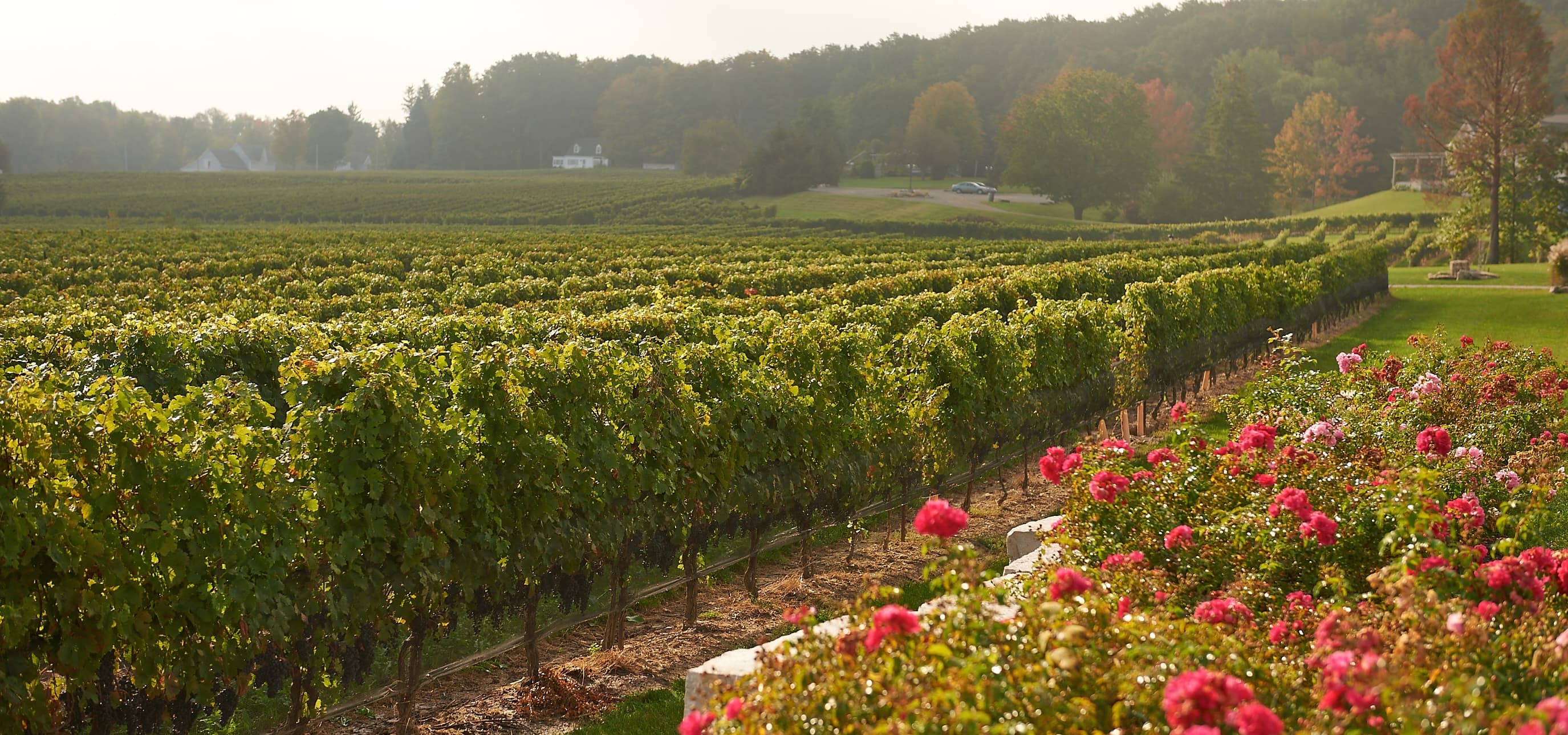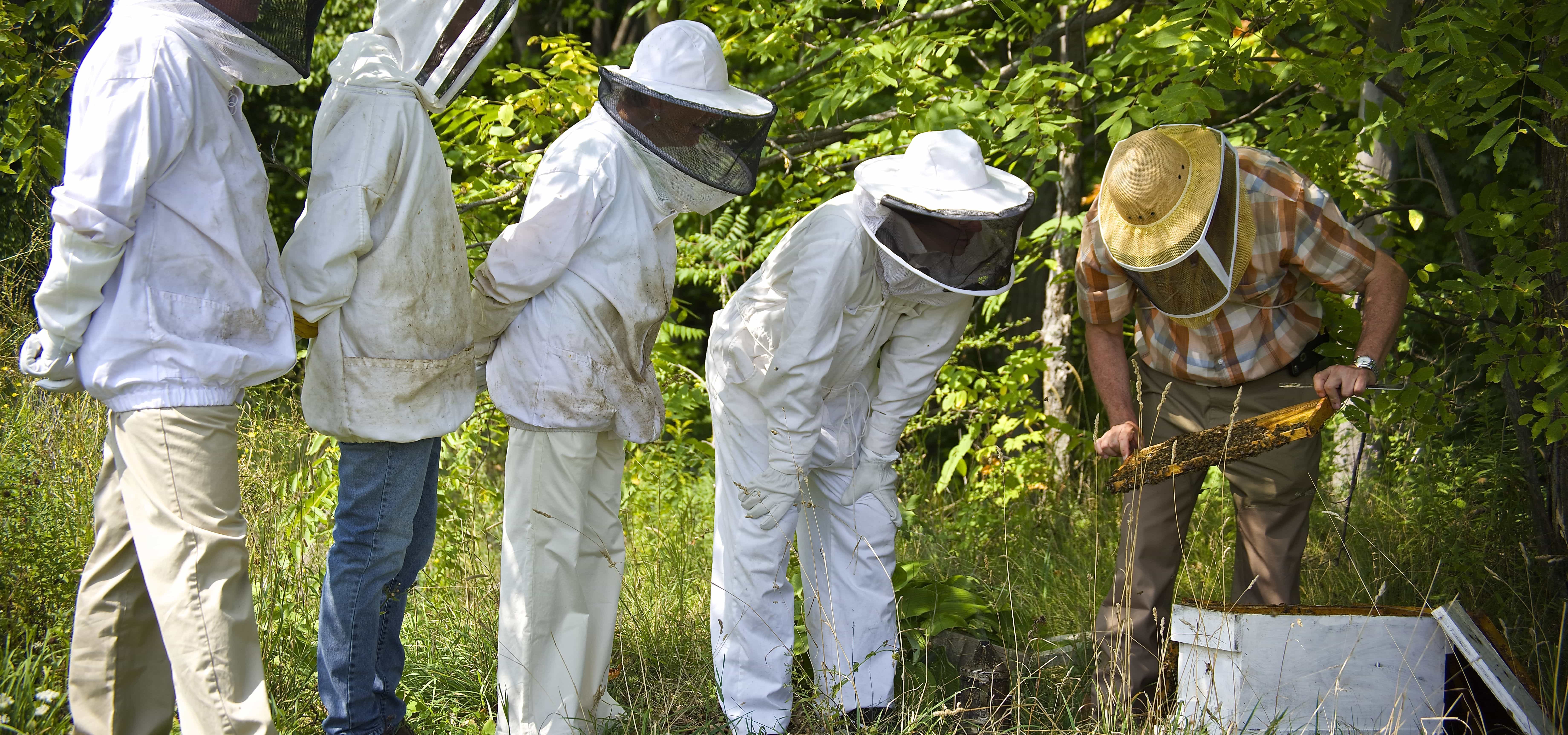
This Rosewood Estates Wildflower Honey is a local Canadian product from the Niagara Region. It is ideal to sweeten up your cup of tea or to have on a toast or crêpe. Enjoy all the benefits of raw, pure, unpasteurized honey while warming up up in the cooler months of the year or cooling off in the summertime. Adding raw honey to your hot cuppa or iced tea can soothe, heal and revitalize. Honey is not only delicious but is also known for its antiseptic and antibacterial properties. Just like tea, honey can very in aroma, taste and colour from year-to-year reflecting characteristics of both the season and the region.
Size: 50 g
TIPS: Pure, raw, unpasteurized honey does not require refrigeration and will never spoil if stored correctly; avoiding light and mixing with water before storing. Honey is porous and should be sealed when stored and away from foods that gas off such as onions, garlic or potatoes. Raw honey will crystallize naturally over time. To re-liquify, simply place the jar in a pot of water on low heat and wait until it returns to a liquid state. Microwaving the honey is known as flash-heating – this method, however, is known to disturb the natural benefits of honey and can burn it if microwaved for too long. Short quick bursts in the microwave is optimal. Please do not microwave the jar.
About Rosewood Estates

The Rosewood story begins over 80 years ago when R.W. Roman’s passion for beekeeping and mead began as a teenager in Ukraine. After arriving in Canada, he continued keeping bees alongside his son, Eugene Roman, who quickly fell in love with the craft. Years later, during Eugene & Renata’s honeymoon to Niagara-on-the-Lake, the two fell in love with the region for its natural beauty, people and wines. Here the concept of Rosewood began, as Eugene promised his new wife that one day he would build a winery with her. After years of planning, planting and a decade of harvests, Rosewood Estates is now made up of a diverse group of talented and passionate individuals.
About Beekeeping

Beekeeping is very important not only to Niagara’s local environment, but Rosewood and the Roman family too. The Roman’s have over 85 years, 3 generations worth, of beekeeping experience, and today keep hundreds of beehives scattered across the Niagara Escarpment & Greenbelt. The pure, raw, unpasteurized honey has a delicate wildflower flavour, expressing flavours of the local flowers, a smooth texture, and a lingering sweet finish.
Similar to Rosewood’s wines, which begin in the vineyard, the honey begins with the hives. By adhering to natural and sustainable beekeeping practices we ensure the bees are happy and healthy, enabling them to make delicious high-quality honey. Equally important is the site selection of the hives. Close proximity to nectar and pollen sources, safety from weather and natural predators, and fresh drinking water are vital in promoting strong hive-health and productivity. Thankfully the Niagara Escarpment, between Beamsville and Jordan, provides all these important characteristics.
The honey-making process is simple and dual purposed. Honey begins as flower nectar collected by thousands of honeybees (apis mellifera). Flying from flower to flower, they not only collect nectar, but also pollen and provide the important service of flower pollination. Returning back to the hive with resources, the bees produce an enzyme that transforms the composition of the collected nectar. As moisture in the transformed nectar evaporates (via heat from the hive), it slowly turns into honey. Once the honey becomes ripe, the bees seal each honeycomb cell with fresh beeswax and it is now ready to be harvested.
